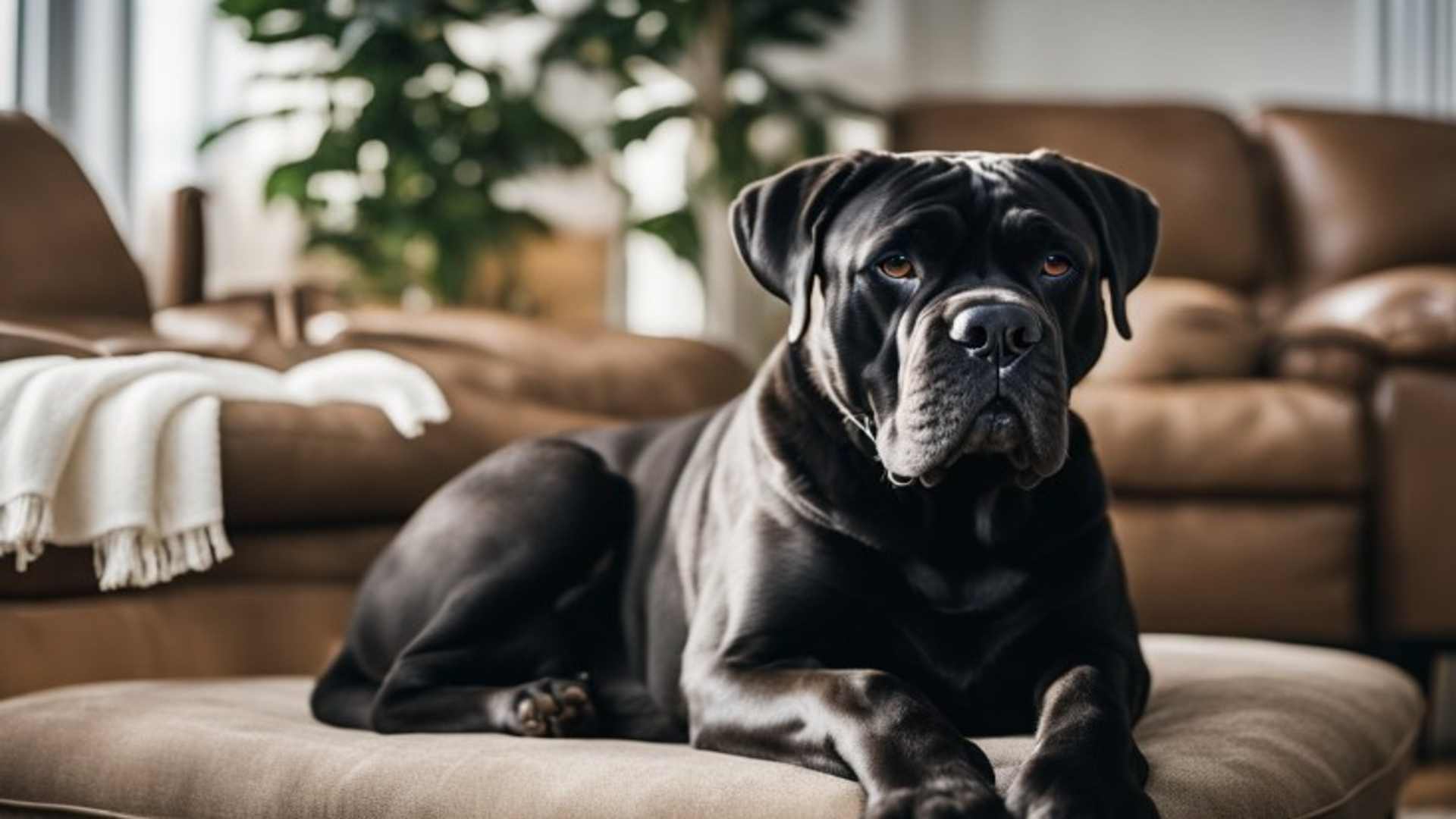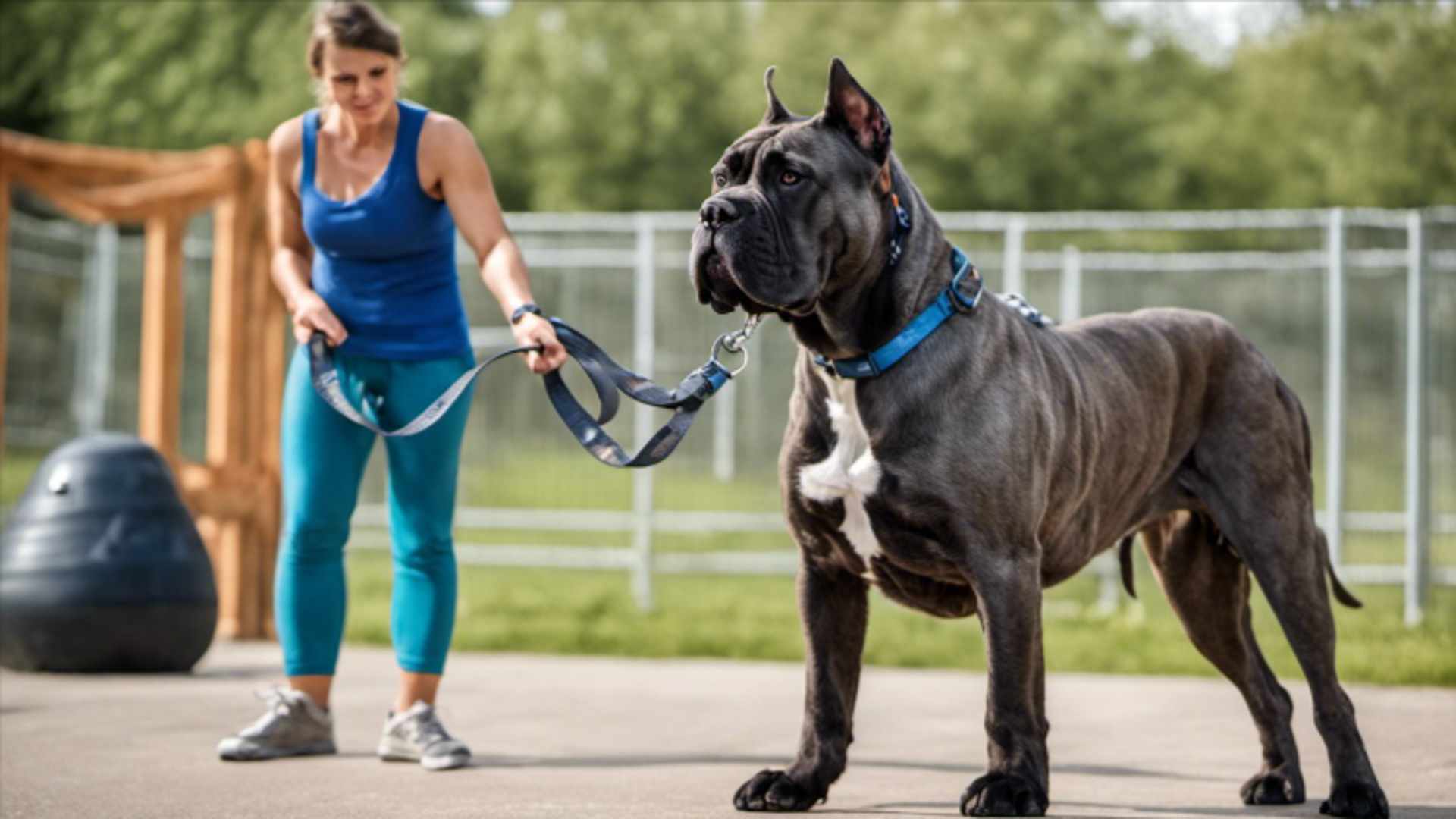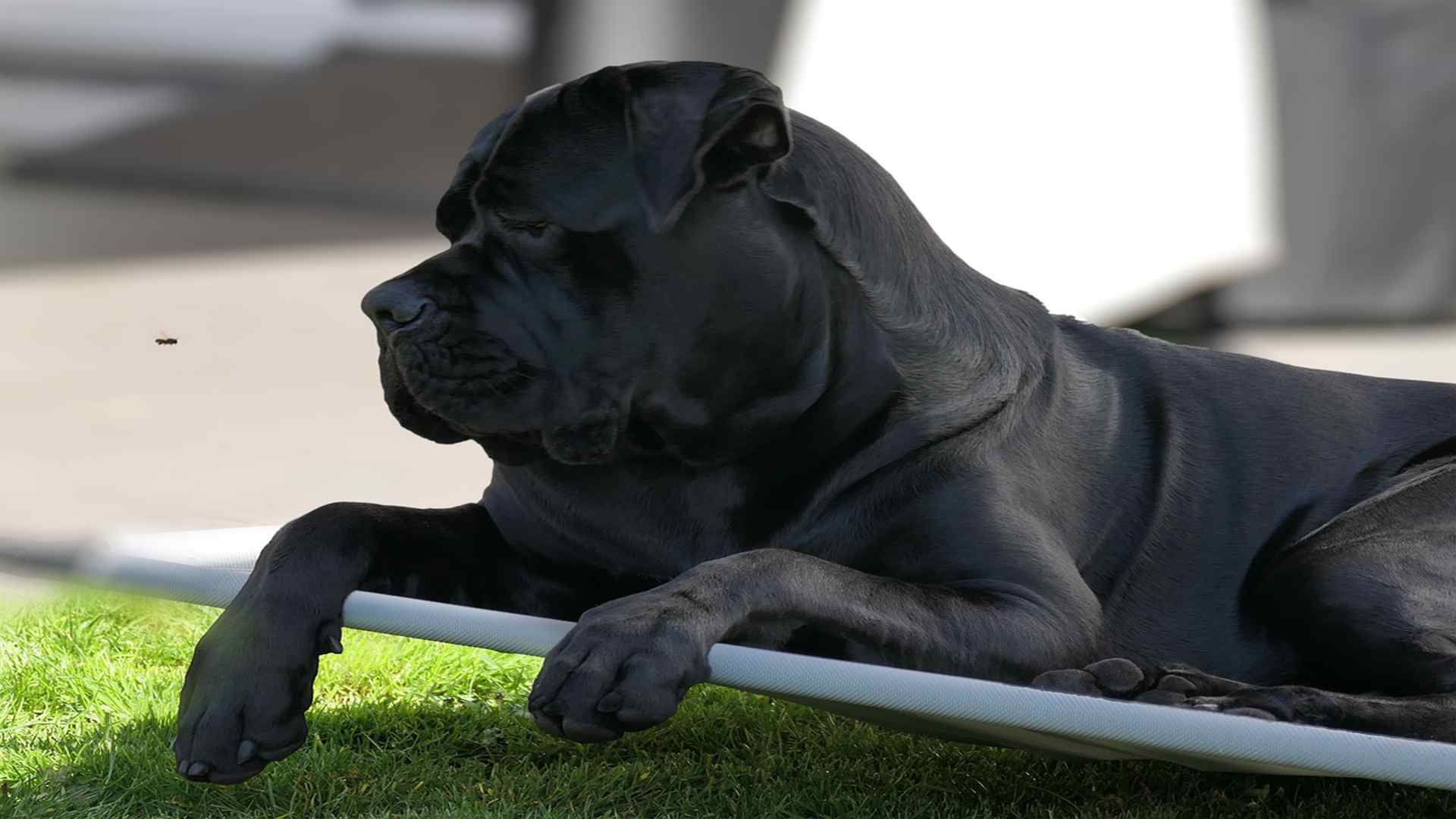Ever catch your furry companion licking the couch or other furniture in your home? You’re not alone in wondering why dogs engage in this behavior and if it is considered normal.
In this article, we will delve into the various reasons behind couch licking, ranging from taste and exploration to underlying health issues. We will also discuss how to address this peculiar habit and the preventive measures to ensure a safe environment for your four-legged friend.
Let’s dive in!
Key Takeaways
- Discover some of the common reasons behind dogs licking furniture, such as taste, stress, or health issues.
- Learn about strategies to address this behavior, like training, exercise, and providing alternatives.
- Understand the importance of consulting a veterinarian and maintaining a safe environment for your dog.
Reasons for Dogs Licking Couches

1. Sampling and Discovering
Our canine friends primarily use their sense of smell and taste to explore their surroundings. Consequently, they may lick furniture, such as couches, to learn more about and satisfy their inquisitiveness.
Couches may have remnants of food or intriguing scents from humans, making them ideal targets for exploration. Additionally, certain materials, like suede, might be appealing to dogs’ taste buds.
2. Tension and Worry
Stress and anxiety can lead dogs to compulsively lick objects. One typical cause is separation anxiety, experienced when dogs become apprehensive in the absence of their human caretakers. In such situations, licking the couch might be a way of finding comfort and coping with their distress.
Other factors inducing anxiety, like a shift in routine or environment, loud noises, or unfamiliar animals, might also contribute to dogs licking couches to manage their stress.
3. Monotony and Activity
Insufficient mental and physical stimulation can result in boredom for dogs, and they might engage in creative ways to entertain themselves.
Undertaking repetitive actions, such as licking furniture, can offer some mental engagement for dogs in need. Helping to reduce boredom-induced licking can be achieved by providing adequate exercise, entertaining toys, and chances for playtime.
4. Medical Concerns
Licking couches might point to an underlying health issue in dogs. For instance, gastrointestinal troubles could prompt a dog to lick surfaces in an attempt to alleviate discomfort.
Some neurological problems, like dementia, might also cause changes in a dog’s behavior, including increased licking. If couch licking is accompanied by other worrisome signs, it’s crucial to consult with a veterinarian to eliminate any health-related concerns.
Addressing the Behavior

Encouraging Good Habits through Training
To manage or reduce your dog’s couch-licking behaviors, using positive reinforcement to reward desired actions can be helpful. Start by observing your pet and identifying the events that lead to couch-licking.
Common causes include loud noises or certain routines. Teach your dog alternative responses and consistently reinforce good behaviors like sitting or lying down using praise, treats, or toys. Gradually extend the time between the desired action and providing the reward to encourage positive actions instead of couch-licking.
Boosting Physical and Mental Stimulation
Providing regular exercise and mental stimulation is vital for your dog’s well-being. Engaging in activities such as walks, runs, or games can help alleviate stress, expend excess energy, and release endorphins.
Establishing a routine exercise regimen can also help reduce anxiety or restlessness that may contribute to the couch-licking behavior. A consistent exercise schedule promotes improved physical health and mental stability for your dog.
Offering Alternatives to Licking the Couch
Distracting your dog from the urge to lick the couch can be achieved by offering alternative activities or toys that captivate their attention. Interactive, mentally stimulating toys or games can effectively redirect their focus from the unwanted behavior.
- Chew toys: Supply various safe and durable chew toys that cater to your dog’s need to chew and lick.
- Puzzle toys: These toys challenge your dog intellectually, encouraging the use of problem-solving skills and focusing their attention elsewhere.
- Treat-dispensing toys: Fill these toys with your dog’s preferred treats or kibble to keep them occupied and entertained.
Medical and Behavioral Concerns
Recognizing Health Conditions
Various medical conditions could lead to a dog licking the couch. Frequent health issues include dental problems, an upset stomach, and gastrointestinal discomfort. The dog might be trying to alleviate their pain or discomfort by licking surfaces.
Seeking Veterinary Advice
If you think your dog is experiencing health issues, it’s crucial to consult a veterinarian for a comprehensive assessment. They can diagnose any medical problems and recommend appropriate treatments, which might help reduce the couch-licking behavior.
Addressing Separation Anxiety and Repetitive Licking
Couch licking could also indicate behavioral challenges such as separation anxiety or habitual licking. Separation anxiety occurs when a dog feels distressed when apart from their owner, leading them to lick excessively as a self-soothing mechanism.
Habitual licking, a form of stereotypy, is when a dog consistently licks surfaces, regardless of the situation. This behavior might result from insufficient socialization or external factors.
To manage these behavioral issues, consider:
- Establishing a consistent daily schedule
- Ensuring mental and physical stimulation for your dog
- Consulting a professional dog trainer or behaviorist
- Using anti-anxiety medication if suggested by a veterinarian
Keep in mind that changes in the home environment, such as the arrival of a new baby or a change in living circumstances, might contribute to your dog’s anxiety and trigger compulsive behaviors.
Safety Precautions and Protective Measures
Applying Discouragement Techniques and Aversive Sprays
An efficient way to dissuade dogs from licking furnishings and carpets is by using deterrents, such as aversive sprays. These sprays can be applied to areas where your dog often licks, making those surfaces unattractive.
Nevertheless, it is crucial to ensure the aversive spray is safe for your dog and the furniture. We recommend always checking the product label and testing a small section of the item before treating a larger area.
Establishing a Secure Environment
Creating a secure and clean atmosphere can substantially lower the chances of infections and other health problems related to surface licking and chewing. Here are some actions to consider:
- Regularly vacuum and clean the sofa and nearby spaces to keep the area free of pathogens and allergens.
- Offer your dog suitable chew toys to redirect their focus away from exploring furniture and carpet.
- Observe your dog’s behavior and address any underlying health conditions that might contribute to excessive licking.
Frequently Asked Questions
What leads to a dog licking fabric furniture?
Dogs may lick fabric furniture due to a few reasons, such as the presence of food residue, interesting smells, or simply an innate behavior such as grooming or exploring their environment.
How do we stop our dog from licking the couch?
To prevent your dog from licking the couch, try providing them with engaging toys or chews, establish a clear boundary, or use deterrent products like taste repellents. Additionally, maintain a proper cleaning routine to remove any tempting scents from the furniture.
Is a specific taste or smell causing dogs to lick furniture?
Dogs may be attracted to various tastes and smells on furniture, such as leftover food particles, spilled drinks, or even the natural scent of fabrics. Consistent cleaning can help eliminate these enticing factors.
Can an underlying medical issue result in dogs licking couches?
In some cases, medical conditions such as nutritional deficiencies, gastrointestinal upset, or compulsive behavior disorders can provoke a dog to lick couches. It’s vital to consult your veterinarian if you suspect a medical issue.
What does it mean when a dog licks carpets and furniture?
Licking carpets and furniture might signify that your dog is trying to remove food crumbs, exploring new smells, grooming themselves, or self-soothing. Sometimes, this behavior could also indicate boredom or anxieties.
Is it possible that anxiety or stress causes a dog to lick the couch?
Yes, anxiety or stress might contribute to a dog licking the couch. Licking can be a comfort-seeking or self-soothing behavior, and possibly a way for the dog to cope with their emotions. If you suspect stress or anxiety, consult a professional to help address the underlying cause.
Summary
In this part, we aim to highlight the essential aspects to recall:
- Various reasons can lead dogs to lick the couch, such as boredom, anxiety, liking the taste or texture, food remnants, or health issues.
- To address this behavior, we can employ strategies like positive reinforcement training, identifying triggers, promoting physical exercise and mental stimulation, and working with a veterinarian if required.
- Engaging in regular physical activities can lessen stress, expend surplus energy, and trigger endorphin release, potentially reducing couch-licking tendencies due to anxiety or restlessness.
Conclusion
So there you have it!
Dogs engage in couch licking due to a multitude of reasons, encompassing both behavioral and health-related factors. Whether motivated by boredom, stress, anxiety, taste, or underlying medical concerns, understanding the root cause is crucial.
Addressing this behavior involves a combination of training, environmental adjustments, and, if necessary, veterinary consultation. It’s imperative to observe and understand our canine companions to ensure their well-being and a harmonious living environment.
Want to learn more about Cane Corso?
Ready to boost your knowledge to the next level? If so, check out the articles below:





